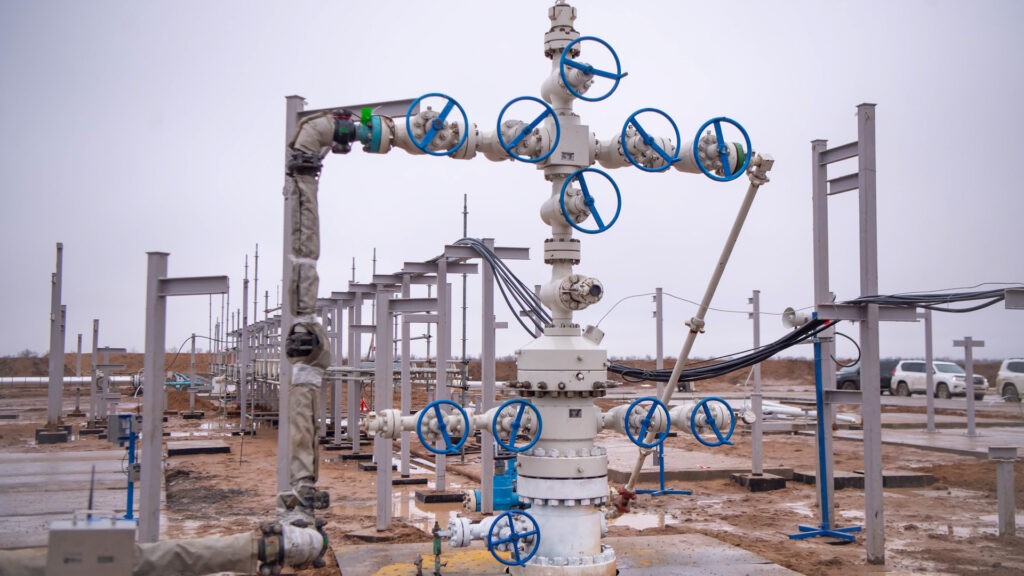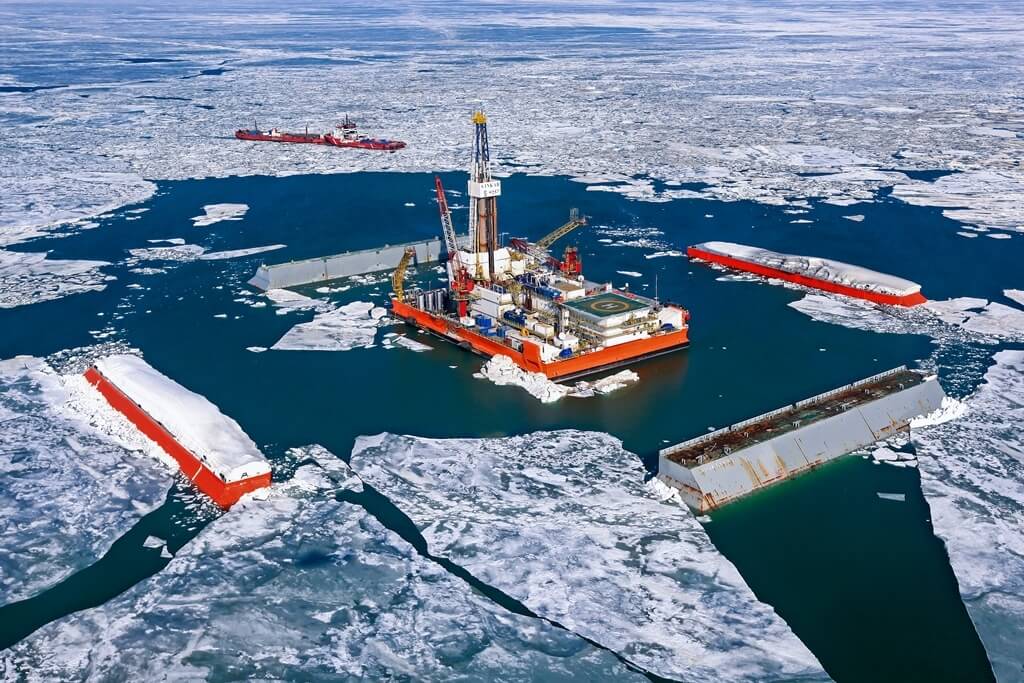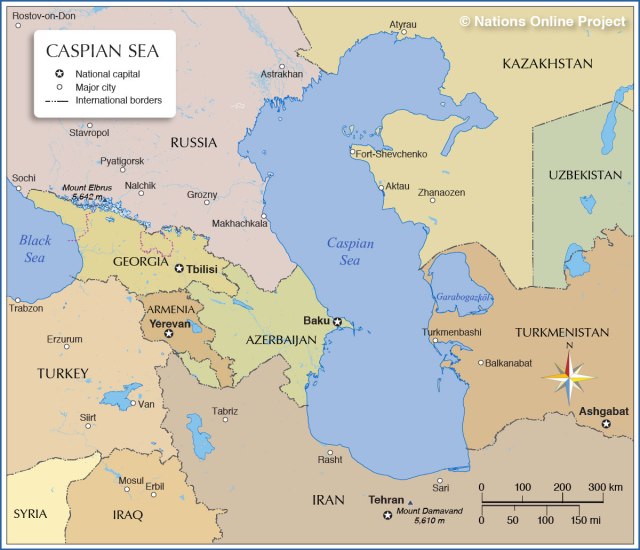Viewing results 1 - 6 of 36
The Hungarian oil and gas company MOL Group has shown interest in a joint petrochemical project using natural gas from Kazakhstan’s Rozhkovskoye gas condensate field, the Kazakh national oil and gas company KazMunayGas has announced. The potential partnership was discussed at a February 7th meeting in Budapest between KazMunayGas’ deputy chairman, Serikkali Brekeshev, Hungary’s deputy minister of foreign affairs, Levente Magyar, and executives from MOL Group. The parties discussed cooperation in the field of petrochemicals and gas processing, including the development of the Rozhkovskoye field, supplies of Kazakh crude oil and gas condensate. MOL Group expressed interest in the supply of Kazakh oil for processing at Hungarian oil refineries, as well as importing gas condensate from the Rozhkovskoye field. The Rozhkovskoye gas condensate field was put into commercial operation in the West Kazakhstan region in December 2023. By 2040, the field is expected to produce 14.2bn cubic meters of natural gas and 7.1m tons of condensate. The field is operated by a joint venture of KazMunayGas (50%), MOL Group (27.5%), and China’s Sinopec (22.5%).
On February 6th the management of Turkmen state company Turkmenneft met with representatives of the Emirati oil & gas company Dragon Oil. The delegation from Dragon Oil was led by the company's by CEO Ali Rashid Al-Jarwan, the International Information Center of Turkmenistan reported. The two sides discussed prospects for further cooperation in the oil & gas sector, taking into account their combined experience and Turkmenistan's large-scale plans for developing its fuel and energy complex.
Germany has agreed to extend Kazakh oil imports for six months (January-June 2024) with a transportation volume of 100,000 tons per month. This comes as a result of a February 6th meeting between the chairman of Kazakhstan’s national oil and gas company KazMunayGas, Magzum Mirzagaliyev, and Johannes Bremer, the chairman of Rosneft Deutschland. Rosneft Deutschland GmbH is the third largest petroleum processing company in Germany. It is now under German government control, following Russia’s invasion of Ukraine and the introduction of EU sanctions on Russian oil imports. Mr Mirzagaliyev and Mr Bremer announced that in 2023, 993,000 tons of Kazakh oil were transported through the Druzhba oil pipeline in Russia in the direction of Germany. KazMunayGas’ head said that Kazakhstan was interested in increasing its oil exports to Germany. “I am confident that joint activities will be mutually beneficial and long-term for the benefit of the economies of our countries,” said Mirzagaliyev.
KazTransOil JSC, the national oil pipeline operator and a subsidiary of Kazakhstan’s national oil and gas company KazMunayGas, says it supplied 993,000 tons of oil to Germany in 2023. Oil from Kazakhstan is transported to Germany through the trunk oil pipeline system of the Russian state-controlled pipeline transport company, Transneft. In January 2024, KazTransOil plans to transport 100,000 tons of oil to Russia for further delivery to Germany. During 2024 as a whole, KazTransOil plans to ship up to 1.2 million tons of Kazakh oil to Germany via the trunk oil pipeline system of Transneft.
The Ministry of Energy of Kazakhstan says it has reached a preliminary agreement on the supply of liquefied petroleum gas produced at the Kashagan field to the domestic market of Kazakhstan. The agreement was reached with the shareholders of the Kashagan field, the ministry said on January 16th. Kashagan is a giant offshore oil and natural gas field in the north Caspian Sea, discovered in 2000, near the city of Atyrau. The field is run by the North Caspian Operating Company (NCOC) which includes Eni (16.81% stake), Shell (16.81%), TotalEnergies (16.81%), ExxonMobil (16.81%), KazMunayGas (16.88%), Inpex (7.56%), and the China National Petroleum Corporation (8.33%). According to the preliminary agreement, the national company, QazaqGaz will negotiate with the shareholders of the Kashagan field on future potential supplies of liquefied petroleum gas produced at the Bolashak integrated oil and gas processing plant. To date, the parties are collaborating towards making a Final Investment Decision on an infrastructure project in the field of liquefied petroleum gas in 2024. It is planned that supplies of liquefied petroleum gas to the domestic market will begin by the end of 2025. By 2027, after the completion of infrastructure work at the Kashagan field, LPG production volumes will reach 700,000 tons per year. Liquefied petroleum gas is a very popular motor fuel in Kazakhstan, which is relatively cheap compared to gasoline and diesel. A dramatic price hike for LPG was the initial stimulus for mass protests in the city of Zhanaozen in January 2022, which then spread across the country.
KazTransOil JSC, a subsidiary of Kazakhstan’s national oil and gas company KazMunayGas, said on January 12th that it has exported 3.376 million tons of oil from the Caspian port of Aktau in 2023, a 1.108-million-ton increase compared to 2022. The increase is due to the volume of crude oil shipped in the direction of the Baku-Tbilisi-Ceyhan oil pipeline, from 250,000 tons to 1.392 million tons, 5.5-fold more compared to 2022. Of that amount, 1.057 million tons of oil was shipped from the Tengiz oil field in this direction. In addition, in 2023, 1.984 million tons of oil was shipped from Aktau to Makhachkala in Russia. In 2022, President Tokayev ordered that the volume of oil transported along the Trans-Caspian corridor be increased. In accordance with his instruction, KazMunayGas and the state oil company of Azerbaijan, SOCAR entered into an agreement providing for the transportation of up to 1.5 million tons of oil per year from the Tengiz field in the direction of the Baku-Tbilisi-Ceyhan oil pipeline.





